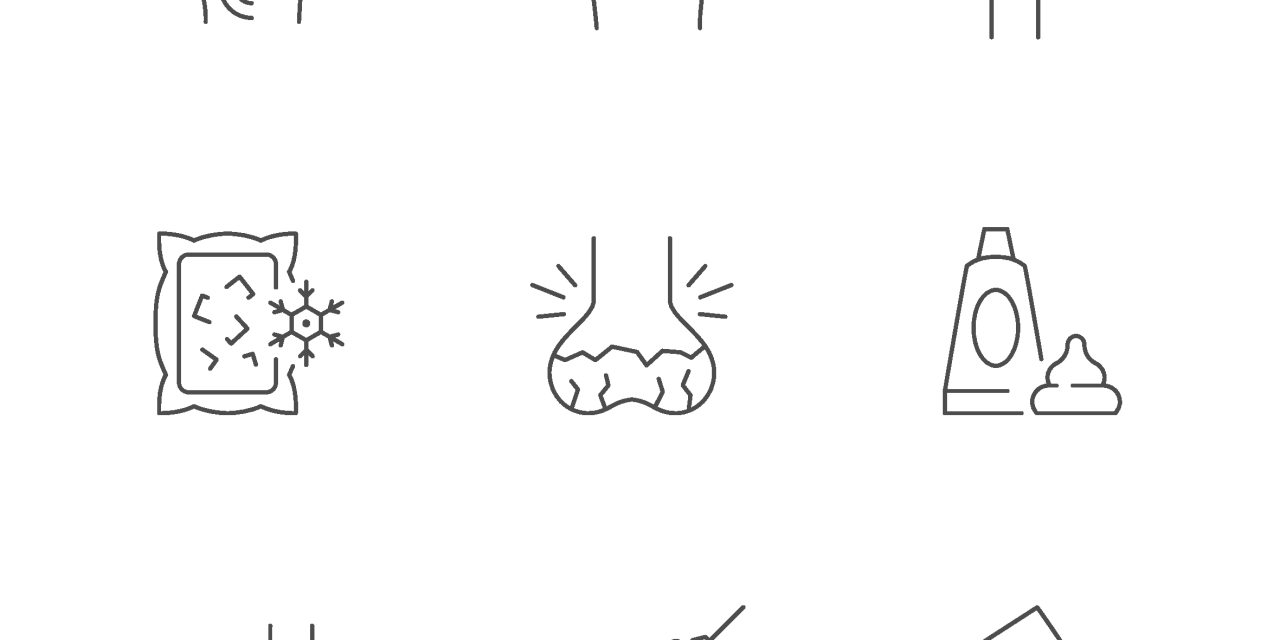The study states that The point of this investigation was to decide if serum urate (SU)– related hereditary variations vary in their impact on gout hazard in individuals taking a diuretic contrasted with those not taking a diuretic.
Techniques This exploration was led utilizing the UK Biobank Resource (n = 359,876). Ten SU-related single-nucleotide polymorphisms (SNP) were tried for their relationship with gout as per diuretic use. Quality diuretic collaborations for gout affiliation were tried utilizing a hereditary danger score (GRS) and individual SNP by calculated relapse adapting to significant confounders.
Results After change, utilization of a circle diuretic was emphatically connected with pervasive gout (OR 2.34, 95% CI 2.08–2.63), however thiazide diuretics were contrarily connected with predominant gout (OR 0.60, 95% CI 0.55–0.66). Contrasted and a lower GRS (< mean), a higher GRS (≥ mean) was emphatically connected with gout in those not taking diuretics (OR 2.63, 2.49–2.79), in those taking circle diuretics (OR 2.04, 95% CI 1.65–2.53), in those taking thiazide diuretics (OR 2.70, 2.26–3.23), and in those taking thiazide-like diuretics (OR 2.11, 95% CI 1.37–3.25). No nonadditive quality diuretic collaborations were noticed.
End In individuals taking diuretics, SU-related hereditary variations contribute unequivocally to gout hazard.
Reference link- https://www.jrheum.org/content/47/11/1704


